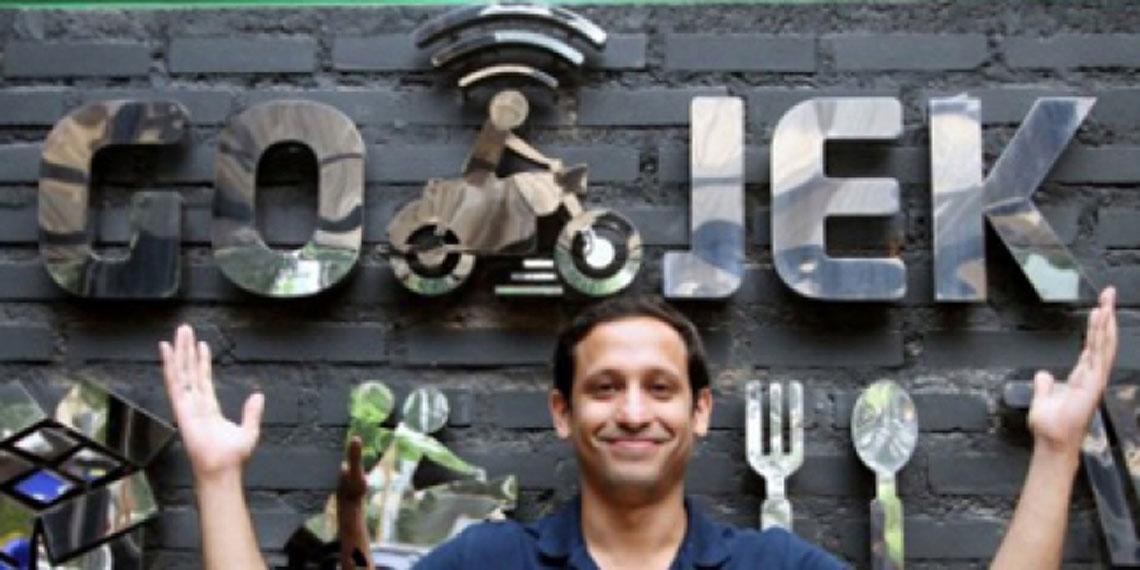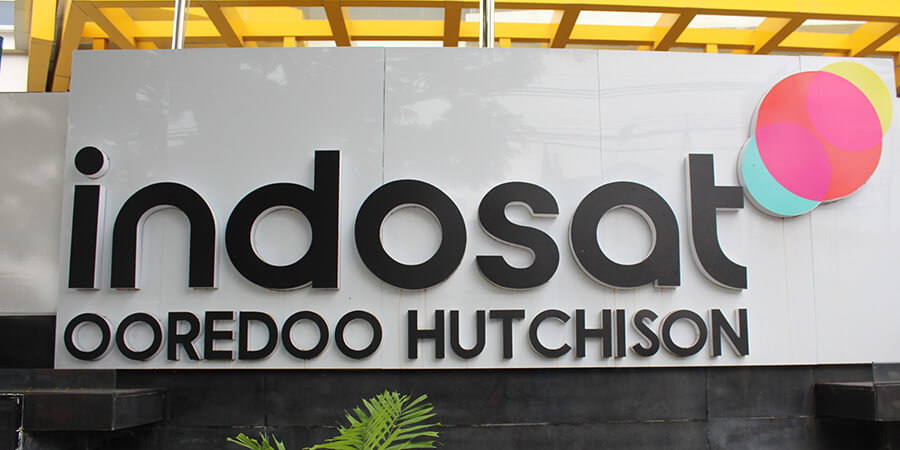A consortium of global investment firms has pumped $550m into 18 month old Indonesian mobile platform GO-JEK. The consortium includes KKR, Warburg Pincus, Farallon Capital and Capital Group Private Markets, existing shareholders and other international investors. Previous investors include Sequoia India, Northstar Group, DST Global, NSI Ventures, Rakuten Ventures and Formation Group.
GO-JEK’s services include motorcycle ride-hailing, online food delivery, instant courier deliveries, lifestyle services, e-wallet and car ride-hailing. It is claimed to be the first Indonesian mobile platform that touches across socio-economic classes and verticals at a high transaction frequency that includes transportation, food delivery, same-day delivery, grocery shopping, household cleaning, beauty and health and ticket sales.
GO-JEK’s motorcycle transport service, GO-RIDE, is the biggest service of its kind in Indonesia with more than 200,000 drivers. GO-FOOD is the second largest on-demand food delivery service in the world outside of China with over 15 million meals delivered since inception. GO-PAY, launched in April 2016, is a fast-growing e-wallet solution. With credit card penetration in Indonesia at less than two percent and online payment nascent, GO-PAY is essential to enable a seamless transaction experience on GO-JEK services.
According to KKR, GO-JEK’s mobile applications have been downloaded more than 20 million times and in June 2016 only, there were over 20 million bookings on the GO-JEK platform, translating to roughly eight bookings per second throughout the month.
KKR, said: ‘GO-JEK will additionally leverage the new investors’ investment experience in the telecommunications, media and technology (TMT) space as well as their global network of partners to deepen its offerings in Indonesia and potentially across the region.’
KKR Asia director, Terence Lee, said: ‘GO-JEK is unique in its ability to be the number-one service provider across almost all key categories and the company has a real opportunity to strengthen its position as a leading mobile platform in Indonesia. The foundation of GO-JEK’s success is its focus on providing innovative, convenient and cost-effective online solutions that improve its customers’ everyday lives.’
The head of Southeast Asia for Warburg Pincus, added: ‘With a rapidly expanding middle class, increasing urban density and a young demographic [in Indonesia] that is internet savvy, GO-JEK is well positioned to become the ‘˜go to’ platform for high frequency daily services including transport, food, logistics and payment.’
GO-JEK co-founder and CEO, Nadiem Makarim, said: ‘GO-JEK is poised to build on its initial success to become the largest on-demand application of choice for all Indonesians and improve the daily lives of more than 200,000 motorcycle and car driver partners, more than 35,000 GO-FOOD merchants whose businesses we helped grow and more than 3,000 service providers on our other on-demand services.’
The company currently operates in 14 cities: Jakarta, Bandung, Surabaya, Bali, Makassar, Medan, Palembang, Semarang, Yogyakarta, Balikpapan, Malang, Solo, Manado and Samarinda.
With more than 250 million people Indonesia has the world’s fourth-largest population and is rapidly becoming a digital nation. The country has 88.1 million active internet users and 36 percent of the population carry smartphones.







